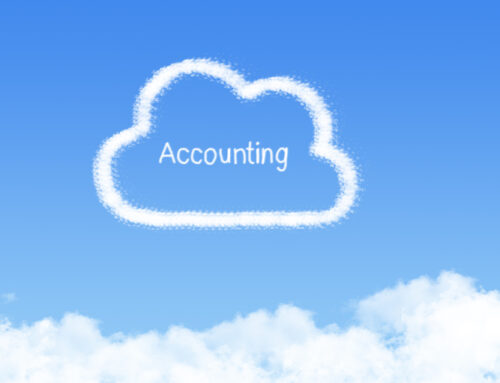Now that you’ve completed a checkup on your business, if you’re close to retirement age or just looking for a change, you may want to consider selling your business. Depending on your business, selling could earn you a nice lump sum of cash.
Among the top reasons business owners don’t sell are that they didn’t know they could or it seemed too confusing. It may be confusing, and sometimes it can be a lot of work to sell your business, but depending on your goals, it can also be worth it.
Read on to learn more about selling your business.
Before You Close the Doors
Some business owners simply close the doors, retiring without even realizing their business might have value to someone else. Before you do that, think carefully. Would it be beneficial to you to sell your business?
Selling a business can be tricky, so make sure you consult with your accountant before making a final decision. Business sales can be structured in more than one way (more on that below). Your accountant will discuss your options with you.
If your business includes assets such as property, you may want to consider meeting with a realtor that specializes in commercial property sales.
Value Beyond What You Can See
If you have a service based business, there is value in the relationships you’ve created with your customers. Someone just starting out would happily pay to have an existing customer base to draw from. This means they don’t have to start from scratch, and they’re already in a good place to start earning income. Things like customer lists contribute to something called goodwill.
Goodwill is an intangible asset that is often created when one business owner sells to another. In addition to goodwill, your business likely has other assets. These might include things like a building and the equipment and tools you need to do your work. There are lots of things that can make a business attractive to someone interested in starting their own business.

More Than One Way to Sell
If your business is incorporated, you have options for how you sell your business: an asset sale or a share sale. Unfortunately, if you aren’t incorporated, you are limited to an asset sale, but intangible assets like a customer list can still be included.
Asset Sale
An asset sale is exactly like it sounds: you sell the assets of your business to the new owner. In this situation you can determine exactly what you will sell, including the business name. It’s to the new owner’s advantage to continue under the same name to make things easier for the customers.
When an asset sale takes place, you may have tax to pay on capital gains incurred during the sale, depending on what you are selling and the price you are selling it for. Any time you receive more than you paid for a capital asset, you will have a capital gain.
Intangible assets such as goodwill often result in tax owing on capital gains. This is because the goodwill is created as a result of the sale of the business. While you would have built your customer list during the years of running your business, it can’t be recorded as an asset until a sale occurs.
Share Sale
A share sale is only possible if your business is incorporated. In this situation, the new owner is paying for your shares in the company. If your business is a qualified small business corporation as defined by the Canadian Income Tax Act, the capital gains you incur as a result of your share sale could be reduced by the capital gains deduction. If this is the case, the share sale could end up being tax free.
With a share sale, the new business owner takes over everything owned by your business. This includes capital assets, the company bank account, Canada Revenue Agency (CRA) accounts associated with the corporation, and sales tax accounts in the company’s name. If you want to structure the sale of your business as a share sale, it’s important that you are up to date on all your tax filings and you meet the criteria of a qualified small business corporation.
Qualified Small Business Corporation
The CRA defines a qualified small business corporation as a:
- Canadian-controlled private corporation in which 90% or more of the fair market value of its assets are used in an active business primarily in Canada.
- Canadian-controlled private corporation in which 90% or more of the fair market value of its assets are shares or debts of connected companies that were small business corporations.
- Combination of the first two bullets.
You must have owned your shares for the 24 months preceding the sale. Determining whether it’s best to structure your business sale as an asset sale or a share sale depends on your unique tax situation. As a result, it’s important to see an accountant before making this determination.
It’s also important that your sale contracts are created accurately should the CRA request documentation of the sale. In this case, all the professionals working on your behalf (real estate agent, lawyer, accountant) should be in constant contact with each other to ensure a smooth sale.
What’s It Worth?
It can be tricky to know how much you can sell your business for. Your accountant can give you a good idea, or they may suggest you talk to a Chartered Business Valuator (CBV). In doing so, you will ensure your sale price is within the range the current market will support.
A CBV analyzes your business based on things like replacement cost, future cash flows, and the market value of your business. If your accountant can’t help you value your business, they can help you find a CBV who can.
As you can see, there are a lot of important considerations when it comes to selling your business. Has this article got you wondering if this is a possibility? If so, fill out this form to get in touch and learn more about how we can help.





